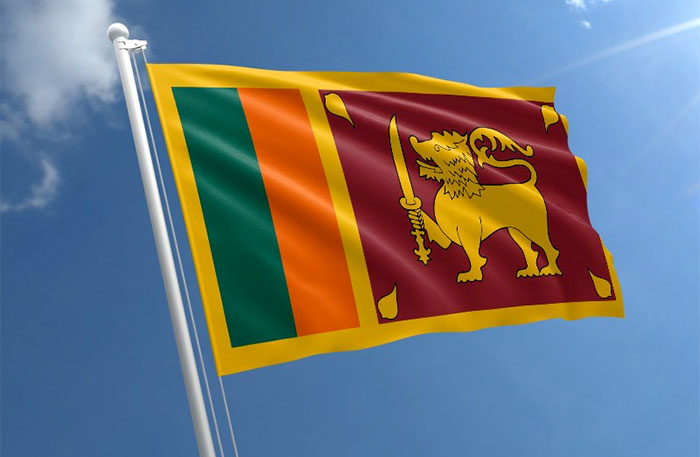Colombo: About 80 per cent voter turnout was recorded in Saturday’s presidential election in Sri Lanka, which is still reeling from the wounds of the nearly three-decade-long civil war and also the brutal Easter Sunday terror attack that took place just seven months ago.
Meanwhile, ballot boxes were transported to counting centres after polling ended at 5:00pm, The Sunday Times reported.
The voting, which began at 7:00am, took place across 12,845 voting centres.
Saturday’s contest was focussed on the two front-runners — Sajith Premadasa (52) from the ruling New Democratic Front (NDF) alliance and the Sri Lanka Podujana Peramuna’s (SLPP) Gotabaya Rajapaksa (70) — in a crowded field of a record 35 candidates.
This is the highest number of contenders since the first presidential election in 1982. In 2015, only 18 had contested.
Gotabaya (70) is retired soldier who took over Sri Lanka’s defence portfolio during the period when his older brother, Mahinda Rajapaksa was President (2005-2015) and also when Sri Lanka ended its war in 2009 with the Liberation Tigers of Tamil Eelam (LTTE).
While the family’s political future appeared to be fading after Mahinda’s defeat in 2015, the April 21 Easter bombings that killed 269 people, lent wings to Gotabaya’s candidacy.
While campaigning, he presented himself as a nationalist and champion of the Sinhalese Buddhist majority, while also promising strong national security in the wake of the April attacks.
On the other hand, Sajith Premadasa, the son of Ranasinghe Premadasa who served as the President from 1989 until he was assassinated in May 1993 by the LTTE, has pledged to fight for the Muslim and Tamil minorities.
The votes from the minority community had also played a major role in Sirisena’s 2015 victory.
Anura Kumara Dissanayake, the leader of the Marxist party, Janatha Vimukthi Peramuna (JVP) which led to youth insurrections in 1971 and 1987-1988, has emerged as the third popular candidate, followed by former Army Commander Lt. General Mahesh Senanayake, who formed National People’s Party (NPP) after he left the army last August.
If Premadasa wins the election, the incumbent cabinet and government would continue until the next general election to elect lawmakers. But if Gotabaya Rajapaksa is elected and proves 113 majority power in Parliament, there is a possibility of a change of government.
(IANS)
